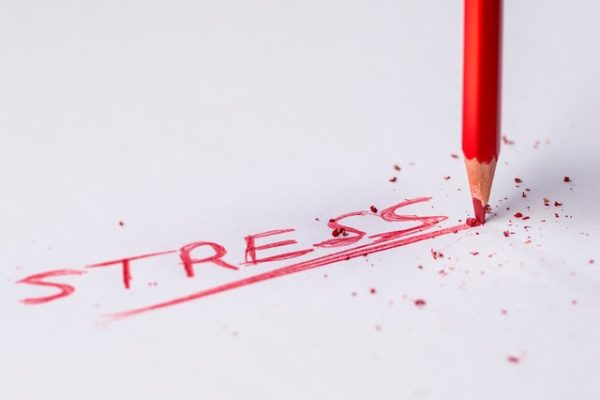Do you experience stress in your life? Of course, you do. The real question is how much and how often? How does stress impact your life and what do you do to combat?
Some level of stress is positive, even healing; however, chronic stress is not only unhealthy, it is downright dangerous. Unfortunately, research shows that roughly 70% of us live in a chronic state of stress. WOW!!! We are a stressed-out nation. So stressed out, in fact that stress is now considered to be a national epidemic, especially with young adults between the age of 25 and 35.
So, what has us SO stressed out?! The usual suspects of course, such as work, health, finances, etc. But also, in recent history, we’ve been bombarded with breaking news alerts (especially in the last 20 years) that trigger our primal fears of safety and survival. It seems that every week there is another mass shooting, terror attack or natural disaster. In addition to our emotional stress though, we all encounter physical and environmental stress in our lives. And another, less obvious source of stress is our thinking, and that’s just as important as negative, toxic thinking is linked to illness and disease.
Just how stressed are we? Following are just a few statistics in the United States of Stress 2019 Report:
- Roughly one third surveyed report seeing a doctor for something stress related;
- 57% report being paralyzed by stress;
- 51% of females report not seeing their friends at all in an average week;
- 59% of baby boomers have never been diagnosed with a mental health issue, while 52% of GenXs have received such diagnosis;
- Over one third surveyed report work is a regular source of stress; 44% among GenXers;
- 52% report financial stress; and
- 47% take it out on themselves (especially females).
Stress costs individuals and businesses billions! For individuals, stress can manifest as loss of sleep, increased anxiety, digestive disorders, weight gain or loss, depressed immune system, irritability, fatigue, brain fog, poor satisfaction, lack of motivation, poor/decreased job performance and a host of other symptoms. For businesses, this translates to lower employee productivity and satisfaction, higher sick days and absenteeism, and decreased profits.
Fortunately, there are MANY effective ways to manage and decrease stress in our lives – IF ONLY we commit to incorporating them in our lives!! Here are some examples:
- Meditation
- Yoga, exercise
- Tapping
- Mental hygiene / mindset exercises
- Breathing
- Acupuncture
- Qi Gong / Tai Chi
- Plant adaptogens
- Dietary changes
While some amount of stress in our lives is unavoidable, managing the negative impacts of stress is most definitely possible.
If you are feeling overwhelmed due to stress in your life, I can help! Please contact me at lynn@lynndelgaudio.com or lynn@yestoyourhealth.fit to book a consultation.
Also, check my website at www.lynndelgaudio.com




